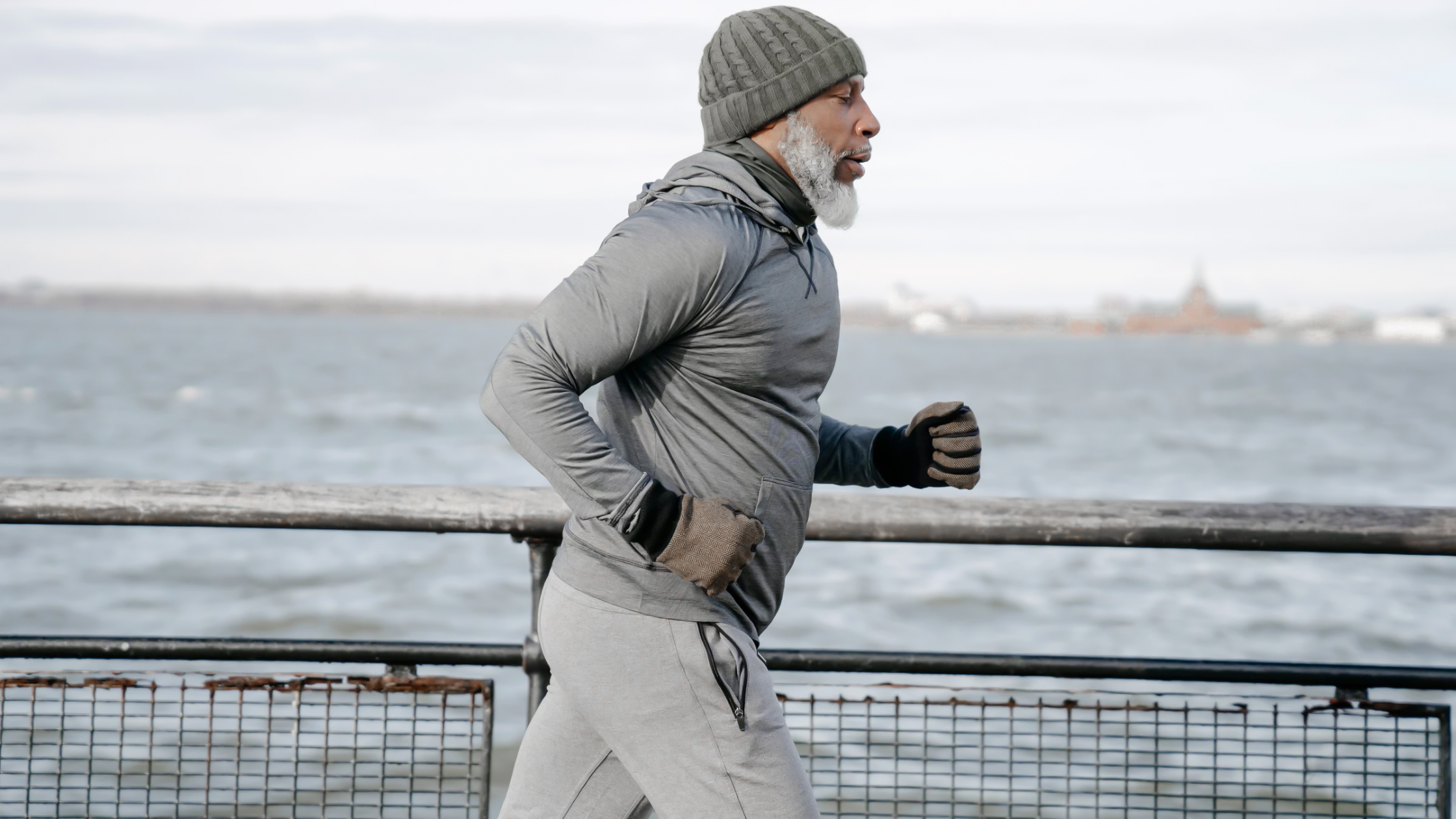
Our bones do a lot more than hold us up; they protect our organs, anchor our muscles, and store essential minerals. However, with increasing age, bone density naturally begins to decline.
The good news? You don’t have to wait until you’re older to start thinking about bone health. By making smart lifestyle choices now, you can stay strong, mobile, and fracture-free well into your later years.
Why Bone Health Matters: Taking care of your bones is a lifelong commitment. Bone loss doesn’t happen overnight, it begins quietly, often without symptoms, and can lead to serious conditions like osteopenia (thinning bones) or osteoporosis (fragile bones prone to fractures). Fortunately, there’s a lot you can do to help your bones stay strong.
Several factors influence how healthy your bones are, including:
▫️Your Age: Around your 30s or 40s, your body’s ability to absorb vital minerals slows down, causing bones to gradually lose density.
▫️Genetics: A family history of fractures or osteoporosis may mean you are at risk of having osteoporosis.
▫️Body Frame: Smaller, thinner people tend to have a higher risk for bone weakness.
▫️Activity Level: Regular exercise promotes bone growth, while a sedentary lifestyle can speed up bone loss.
▫️Past Injuries: Broken bones and fractures can leave long-term effects on bone structure and strength.
▫️Nutrition: Diets lacking in calcium, vitamin D, and other key nutrients can lead to brittle bones.
▫️Hormonal Imbalances: Issues like hyperthyroidism or low estrogen can have negative impacts on bone health.
▫️Lifestyle Habits: Smoking, excessive drinking, and certain drug use all take a toll on your bones.
▫️Medications: Some medications (e.g. antidepressants or long-term steroids) may contribute to a loss in bone density.
Simple Ways to Strengthen Your Bones
The earlier you start protecting your bone health, the better. Here are eight powerful steps to help you build strong, healthy bones:
▫️ Load Up on Veggies: Vegetables, especially green and yellow varieties like broccoli and kale, are packed with nutrients that boost bone strength. They’re rich in vitamin C, which stimulates bone-building cells and may help maintain mineral levels over time.
▫️ Make Calcium part of your Daily Routine: Your bones are built on calcium. Without enough of it, you’re more likely to experience bone thinning. Make calcium-rich foods a staple in your meals.E.g. leafy greens, dairy, almonds, and calcium-fortified powders.
▫️ Don’t Forget Vitamin D: Vitamin D helps your body absorb calcium efficiently. While sunshine can give you a natural boost, supplements or vitamin D-rich foods like fatty fish and eggs can help fill in the gaps. Aim for 1,000 to 2,000 IU daily. However, you would need to check with your doctor before starting supplements.
▫️ Strength Train for Stronger Bones: Resistance exercises like lifting weights or using resistance bands encourage your bones to stay dense and durable. The key is to gradually increase the challenge, doing sets of 10 -12 reps. If you already have bone issues, work with a fitness or rehab specialist for a safe plan.
▫️ Incorporate Weight-Bearing Exercises: Activities that put your body to work against gravity, e.g. jogging, dancing, or climbing stairs help stimulate bone growth. Sports like tennis or basketball are great too. Just be cautious if you already have bone loss and always consult your doctor before starting new routines.
▫️ Quit Smoking and Limit Alcohol: Tobacco and alcohol can weaken bones and interfere with your body’s ability to absorb nutrients. If you smoke, seek support to quit. If you drink, stick to one drink per day or less for optimal bone (and overall) health.
▫️ Talk to Your Doctor About Medications: For women going through perimenopause or menopause, hormone therapy may help counteract declining estrogen levels. For anyone diagnosed with bone loss, medications like bisphosphonates, teriparatide, or denosumab may be recommended. Just remember that these treatments work best alongside proper nutrition and lifestyle choices.
▫️ Get a Bone Density Test: A DXA scan is a quick, painless way to measure your bone mineral density and assess your fracture risk. Women should consider testing in the first few years after menopause, while others with risk factors (like chronic illness or long-term medication use) may need earlier screening.
Final Thoughts: Bone health isn’t just a concern for seniors. It’s a lifelong commitment. With smart nutrition, regular exercise, and healthy habits, you can give your bones the strength they need to support you through every stage of life.